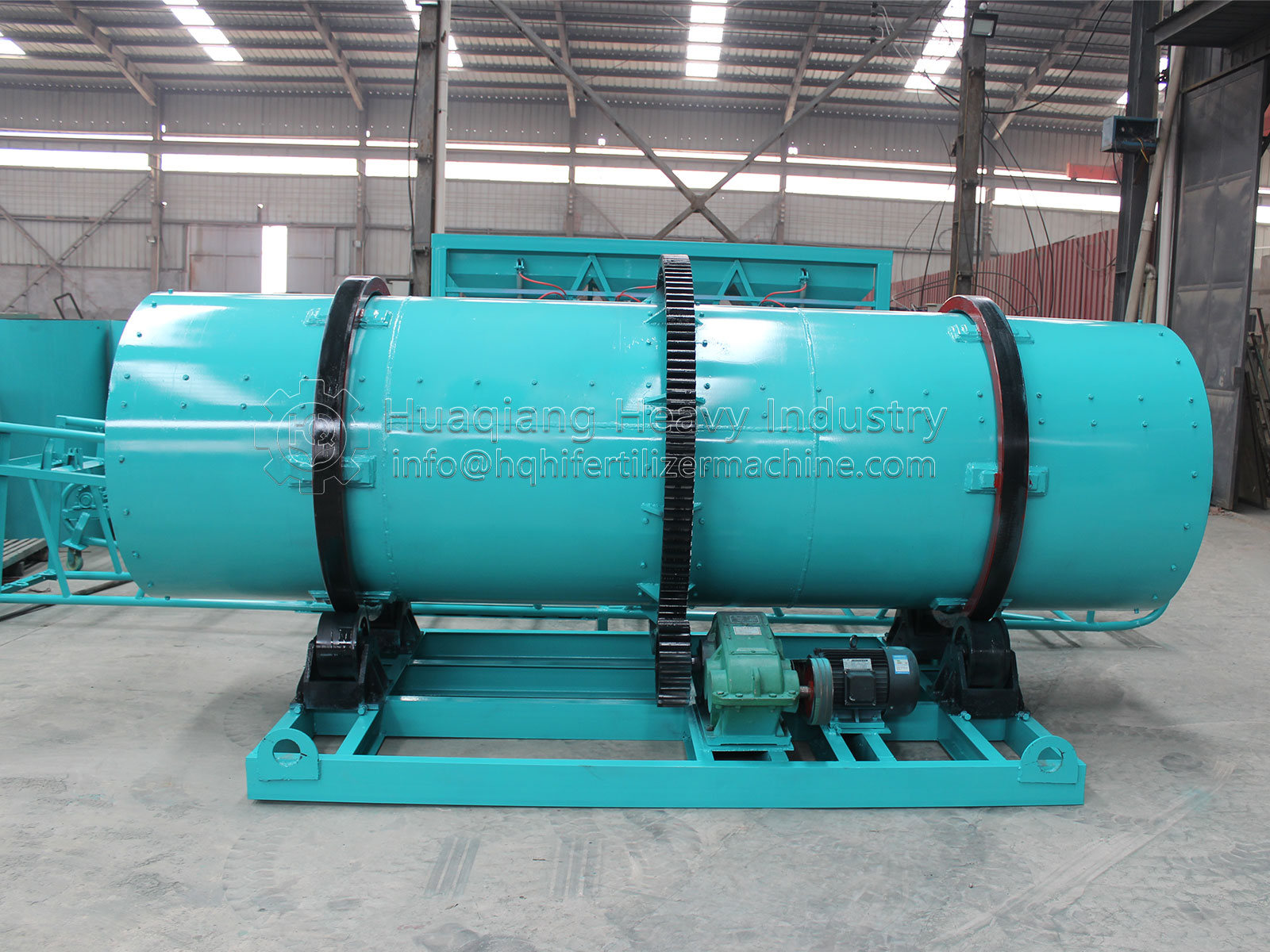In the organic fertilizers manufacturing process, how to granulate the raw materials after fermentation is a key factor that determines whether commercial fertilizers can enter the market and circulate. Generally, the following granulation methods are adopted.

(1) Agglomeration granulation. It is under the action of rotation, vibration, stirring, etc. to make the wet powder in motion agglomerate. Or use fluidized bed to make dry powder and granules get cohesion by supplying spray liquid (adhesive) to grow into proper granules.
(2) Extrusion granulation. It is a method that uses mechanical processing such as extrusion, roller extrusion or pressing to make dry powder or wet powder containing binder into a cylindrical, spherical or tablet shape.
(3) Crushing granulation. It is to crush massive materials into granules of appropriate size.
(4) Melt granulation. It is a method of granulation by cooling and hardening molten liquid.
(5) Spray granulation. It is a method of directly granulating solids in liquid after concentration.
(6) Crystallization and granulation method in the liquid phase. It is a method of agglomerating into spherical particles by liquid bridging agent and stirring while the materials are crystallized in the liquid phase.
This technology is widely used in the pharmaceutical industry. Because the shape of the particles is spherical, it is also called the spherical crystallization granulation method, referred to as the spherulite granulation method. The spherulite granules are pure material particles, which have good fluidity, filling property and compression moldability. In recent years, the technology has been successfully prepared. That is, in the process of spherulite crystals, polymer copolymer precipitation is added to prepare slow-release, quick-release, enteric, stomach-soluble pellets, floating hollow pellets, biodegradable microcapsules, etc. Recently, it has been successfully applied to the preparation of sustained-release pellets.